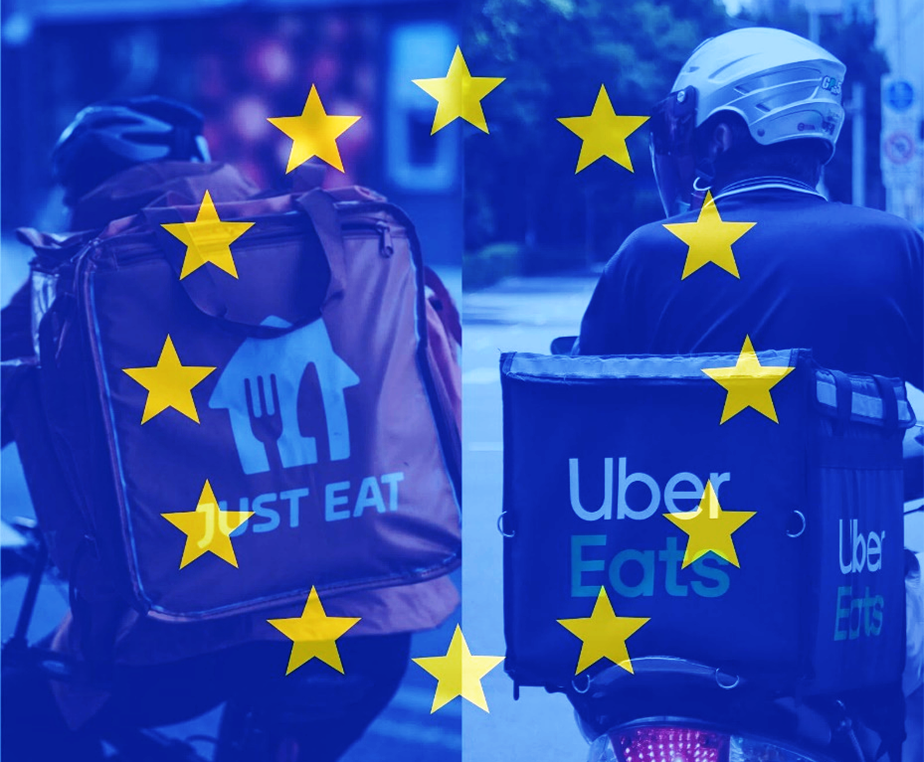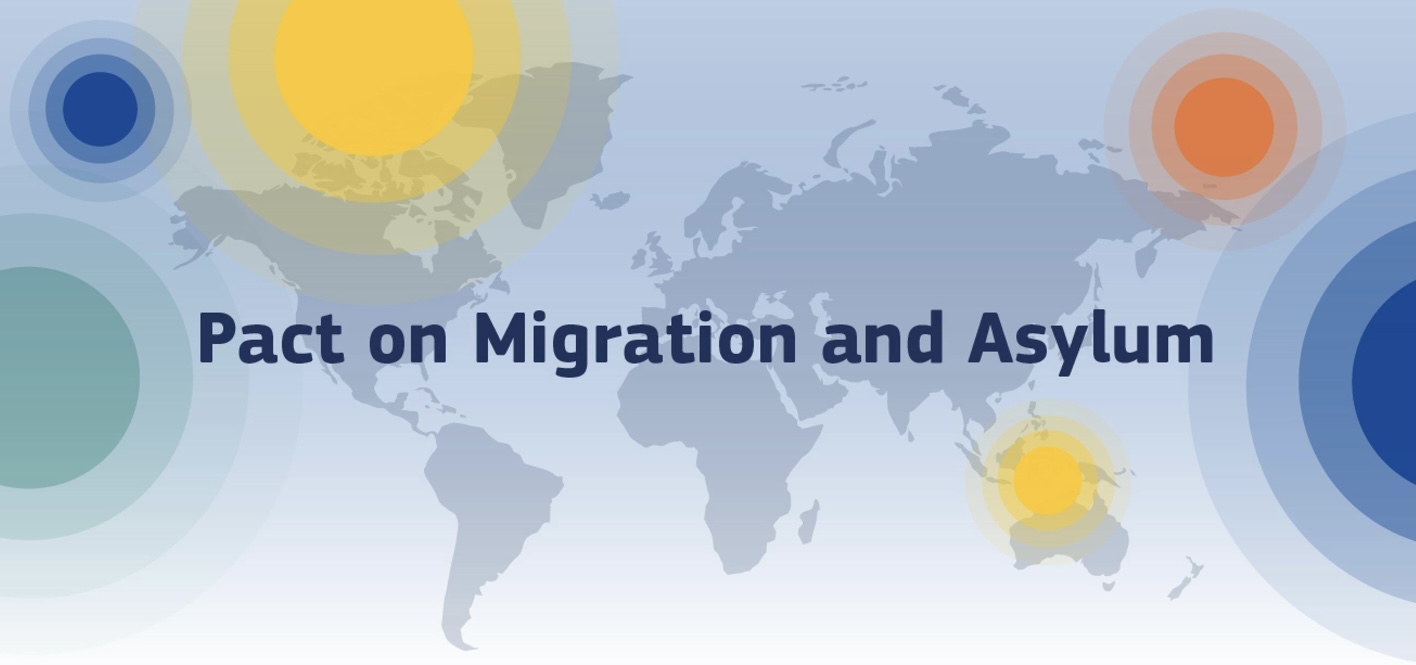Martina Monti

1. EU regulations lethargy
At the national level, judicial authorities had already started establishing a regulatory framework on platform economy before it did at the supranational one. As a matter of fact, the European Union (EU) lapsed into a substantial institutional inertia prior to developing a unitary set of rules.
The question of platform work gained true momentum only in 2015, when the bloc acknowledged this emerging type of employment for the first time. Thanks to a series of research papers compiled by the Eurofound, it finally gave this phenomenon a name: “crowd employment” [i].
Gig economy taxonomy provided a foundational epistemology, yet it was – and it is not- merely sufficient for effective policy making. This was also because EU platforms regulation reached an impasse limiting the possibility to address the issue systematically.
The red-tape deadlock was partially resolved a couple of years later, in 2018, when the European Commission (EC) decided[ii] to set up the “Observatory on the Online Platform Economy”. Experts monitoring and research illustrated how food delivery companies were using an unregulated market to have an edge on workers and increase their share. In other words, they wanted to get the cake and eat it too.
Yet, it was only in 2021 that the legal stalemate finally – and fully – broke. The causal explanation can be easily attributed to COVID-19, for the world health emergency put the spotlight on the essential, though risky, role of platform workers. This prompted the EC to vow its “commitment to look at ways to improve [gig economy] labour conditions”[iii].
2. Are platform workers self-employed or employees?
The first problematic task to be undertaken by the block was to assess platform labour force status. To put it simply, were food delivery riders to be considered self-employed or regular employees? The question was crucial for demarcating the unprecedent employee-employer relationship that characterizes this job.
Thus, EU policy makers proposed a collective directive, that is a “legislative act that sets out a goal that all EU countries must achieve”[i]. However, unlike a regulation that is legally binding, “it is up individual countries to devise their own laws”[ii] to pursue the aim.
Nevertheless, this proposed legal act would serve to improve the working conditions in platform economy, for it establishes the legal criteria that recognized online platforms as employers. This condictio sine qua non would acknowledge that gig workers are employees; hence, they are entitled to the whole package of social protection and rights that comes with it, i.e., paid holidays, pension rights, parental leave, health care as well as unemployment benefits.[iii] In contrast to self-employment, this system of classification factors in food delivery companies, by setting out their responsibilities and duties[iv], while reining in their unregulated power.
3. The elephant in the room
Despite the bloc’s sustained effort to develop a comprehensive theoretical understanding, some challenges remain unmet at the empirical level. For example, their proposed directive on platform economy[i] overlooks the relationship between the latter and migration[ii]. Gig economy is surely appealing for any foreigner looking for a quick income stream, owing to its unbureaucratic application process and – delusional – flexibility.
Yet, the story does not end here, for migration is not made equal. That is, there is a fundamental – almost ontological – difference among people moving within and coming to the EU: their legal status.
Some foreigners come from other Member States and with little red tape can easily enter the job market. Similarly, circulation of people within the Schengen area will not imply insurmountable difficulties. In contrast, this is not the case with third country nationals, i.e., people from outside EU, Liechtenstein, Norway, Switzerland and Iceland.
In fact, upon their arrival, they must apply for both a residence and work permit[iii] in order to integrate in the host-country. This is usually a lengthy procedure and varies depending on EU states, for migration policies are largely left to national competence[iv]. As a result, this increases the likelihood for illegal newcomers to turn to food delivery and other platform work as a way to access a labour market that would be, otherwise, off limits.

4. Minimum wage is not a one size fits all
The disparity between local and migrant labour was already concerning. Yet, the combination of state exclusivity on migration policy and the increase in platforms exploitation of illegal migrants makes it all the more alarming.
It is true that member state competency on people mobility did not prevent EU from proposing a series of initiatives to help societal integration[i] or migrant worker protection. For instance, in 2022 EU lawmakers voted in favour of a bloc minimum wage directive to ensure adequacy of salaries, especially in vulnerable sectors where foreigners are more likely to work for.
On one hand, the new legislative act orient states with statutory minimum wage to use 50% of the gross national wage average as value-reference for adequate minimum income. On the other, in countries where there is no such upper limit (Denmark, Italy, Cyprus, Austria, Finland and Sweden), the bloc put a threshold of 80% in acceptable collective bargaining coverage[ii].
Yet, the crux is that this legislative act does not account for illegal migrants and risk leaving behind what EU mostly relies on: human capital. Especially in platform work where the concentration of undocumented people is highest.
Therefore, although a common minimum wage is a victory for EU workers, the same cannot be said for people without an immigration documentation. Not only, does this not reduce black market operations but also, it exposes EU unwillingness to integrate illegal migrants despite statistical increase[iii].
5. Future steps for an inclusive job market
By contrast, policy makers should focus on third country nationals’ mobility legal through safe routes. This includes adopting a systematic approach to monitor human trafficking as well as deciding on a standardized asylum procedure within the bloc. Such strategy would also incentivize legal migrant flows by effectively preventing system circumvention. Europe is an ageing continent, that is especially vulnerable to job market shortages. Migration can be a valuable source of labour, yet it cannot be made productive through the mediation of online platforms, i.e., food delivery. Instead, governments should step in and break the silence around the exploitation of illegal – and legal – migrants alike. While it is easy to enjoy food brought at one’s doorstep, it is not so to acknowledge the human and social cost that a simple meal can hide.
[i] Directive 2011/98/EU of the European Parliament and of the Council of 13 December 2011 on a single application procedure for a single permit for third-country nationals to reside and work in the territory of a Member State and on a common set of rights for third-country workers legally residing in a Member State
[ii] https://www.europarl.europa.eu/news/en/press-room/20220909IPR40138/parliament-adopts-new-rules-on-adequate-minimum-wages-for-all-workers-in-the-eu
[iii] https://www.europol.europa.eu/crime-areas-and-statistics/crime-areas/facilitation-of-illegal-immigration
[i] European parliament and Council Proposal for Directive 2021/0414 on Improving working conditions in platform work of 9 December 2021 available at https://eur-lex.europa.eu/legal-content/EN/TXT/?uri=CELEX%3A52021PC0762&qid=1667206521163
[ii] Van Doorn, N., & Vijay, D. (2021). Gig work as migrant work: The platformization of migration infrastructure. Environment and Planning A: Economy and Space, 0(0) available at . https://doi.org/10.1177/0308518X211065049
[iii] https://www.europarl.europa.eu/thinktank/en/document/EPRS_BRI(2022)699506
[iv] https://ec.europa.eu/social/main.jsp?catId=1274&langId=en
[i] https://european-union.europa.eu/institutions-law-budget/law/types-legislation_en
[ii] Ibid.
[iii] European Labour Authority, Directorate-General for Employment, Social Affairs and Inclusion, EU proposes directive to protect the rights of platform workers, 2022 available at https://ec.europa.eu/eures/public/eu-proposes-directive-protect-rights-platform-workers-2022-03-17_en [retrieved on September 23rd, 2022]
[iv] Aude Cefaliello and Nicola Countouris, Gig workers’ rights and their strategic litigation, Social Europe, 2020 available at https://socialeurope.eu/gig-workers-rights-and-their-strategic-litigation [retrieved on September 26th, 2022]
[i] Eurofound (2015), New forms of employment, Publications Office of the European Union, Luxembourg
[ii] On setting up the group of experts for the Observatory on the Online Platform Economy Commission Decision C(2018) 2393 final, Brussels available at https://ec.europa.eu/transparency/documents-register/detail?ref=C(2018)2393&lang=en [retrieved September 26th, 2022]
[iii]. European Commission, Directorate-General for Communication, Leyen, U., A Union that strives for more : my agenda for Europe : political guidelines for the next European Commission 2019-2024, Publications Office, 2019




